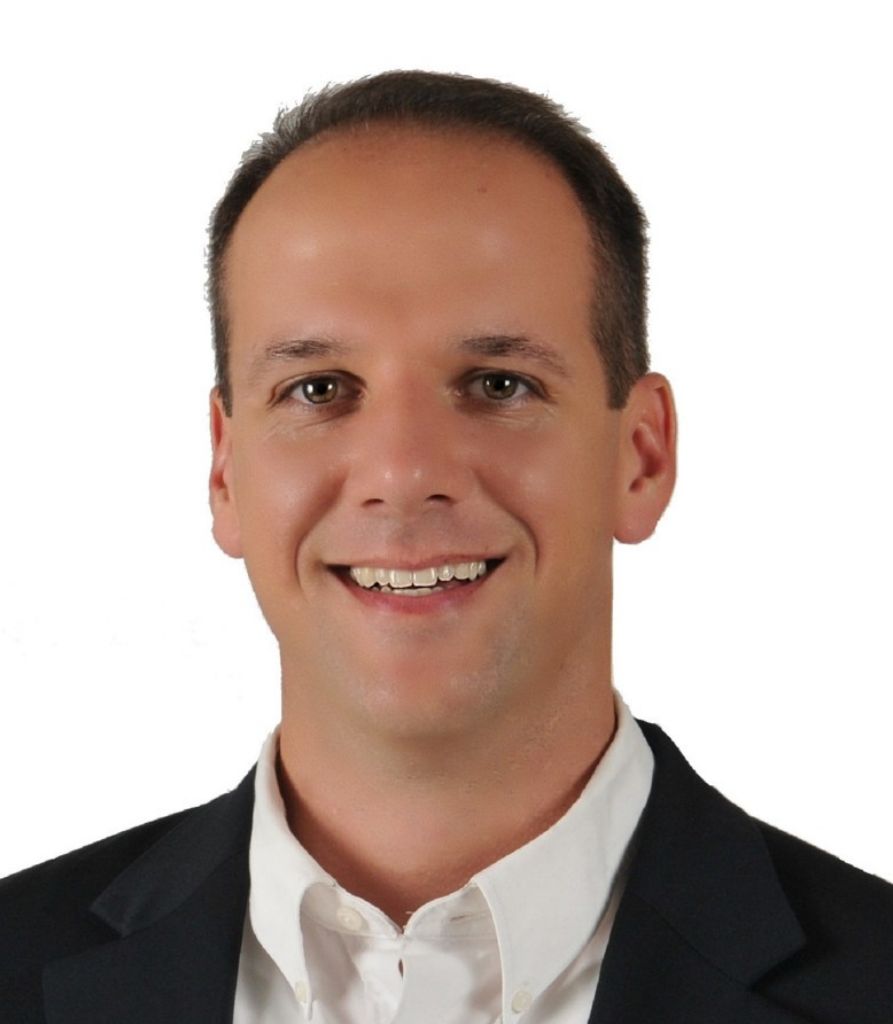By Lisa Koerner, Insurance Advisor

If you are looking for some creative ways to avoid paying taxes, don’t overlook the benefits of life insurance. There are several different types of life insurance policies that serve different objectives, the greatest is a tax-free death benefit for your beneficiaries. Also, the death benefit does not go through probate, so only your beneficiaries can receive the money. There are a few things to look for when searching for the right life insurance.
When choosing life insurance programs, term life policies are typically the most popular. Term policies offer a larger death benefit for a smaller premium, however, the rates are only locked in for a certain number of years and don’t provide any cash return if you outlive the term or cancel the policy.
The advantage of a permanent policy is that it can build cash value in the policy that you can access tax-free while you are living and still provide a tax-free death benefit for your beneficiaries.
Universal life plans offer more flexibility but are also driven by interest rates. When setting up this policy, it is very important to work with your agent to make sure it is properly funded in the beginning to avoid the need to put more money into it later on.
Whole life policies can also be a good option for cash value growth, but there are things to look for here as well. If you choose a policy that has dividend options, you can set up the policy to allow you to access the dividends tax-free in the future without worrying about having a loan on the policy that could affect how the policy pays out. The biggest thing to be aware of with cash value policies is that if you take out more money than what you put in, the gains would be considered taxable income.
To learn more, reach out to Lisa Koerner or the WisMed Assure team at insurance@wismedassure.org, complete this quick online form or call 608.442.3810 for help with your insurance needs.
Note: This article is for informational purposes only and should not be considered as insurance advice related to your specific policy or situation. Please consult with a qualified insurance advisor or professional before making any policy decisions. Full disclaimer and contact information.














